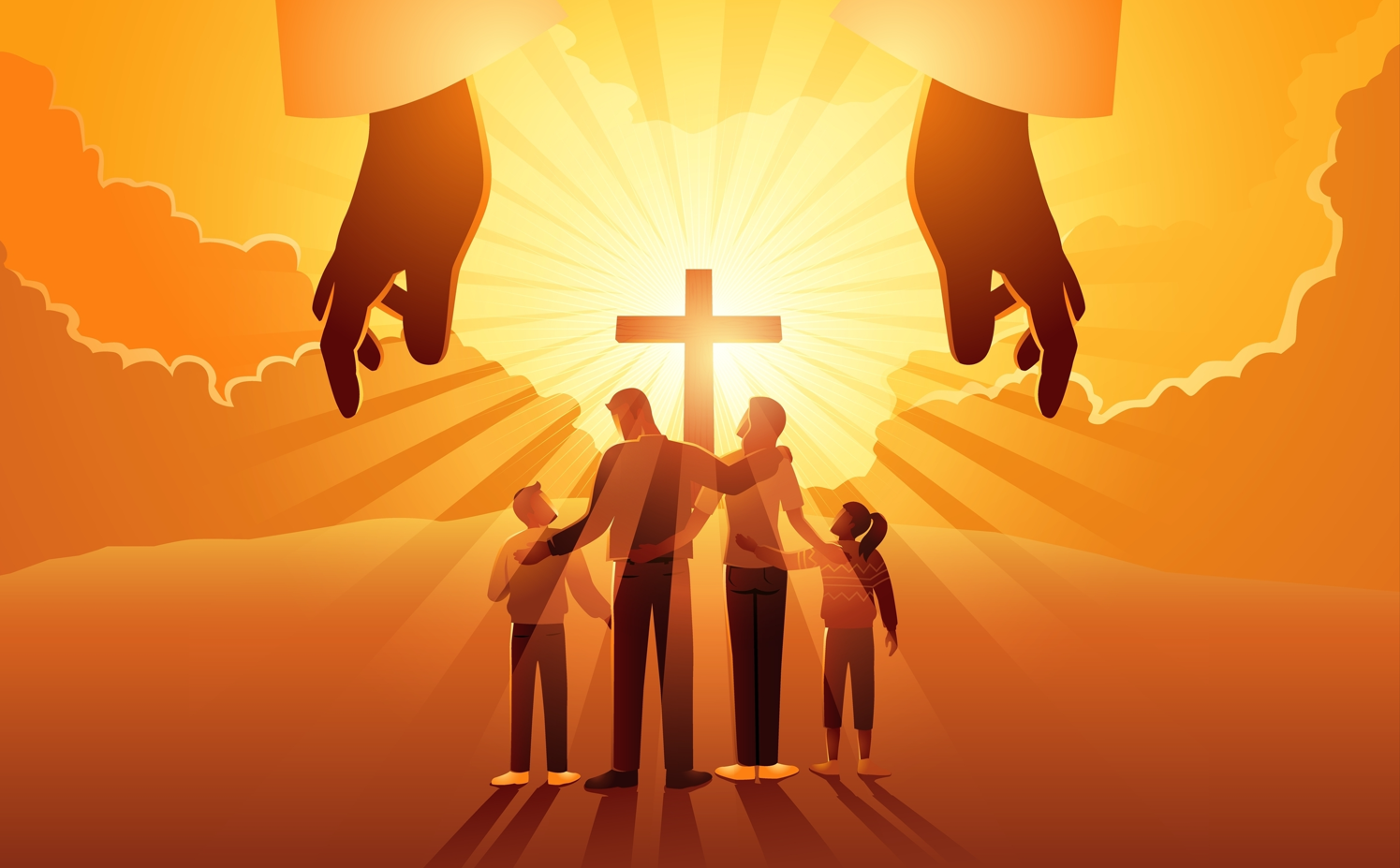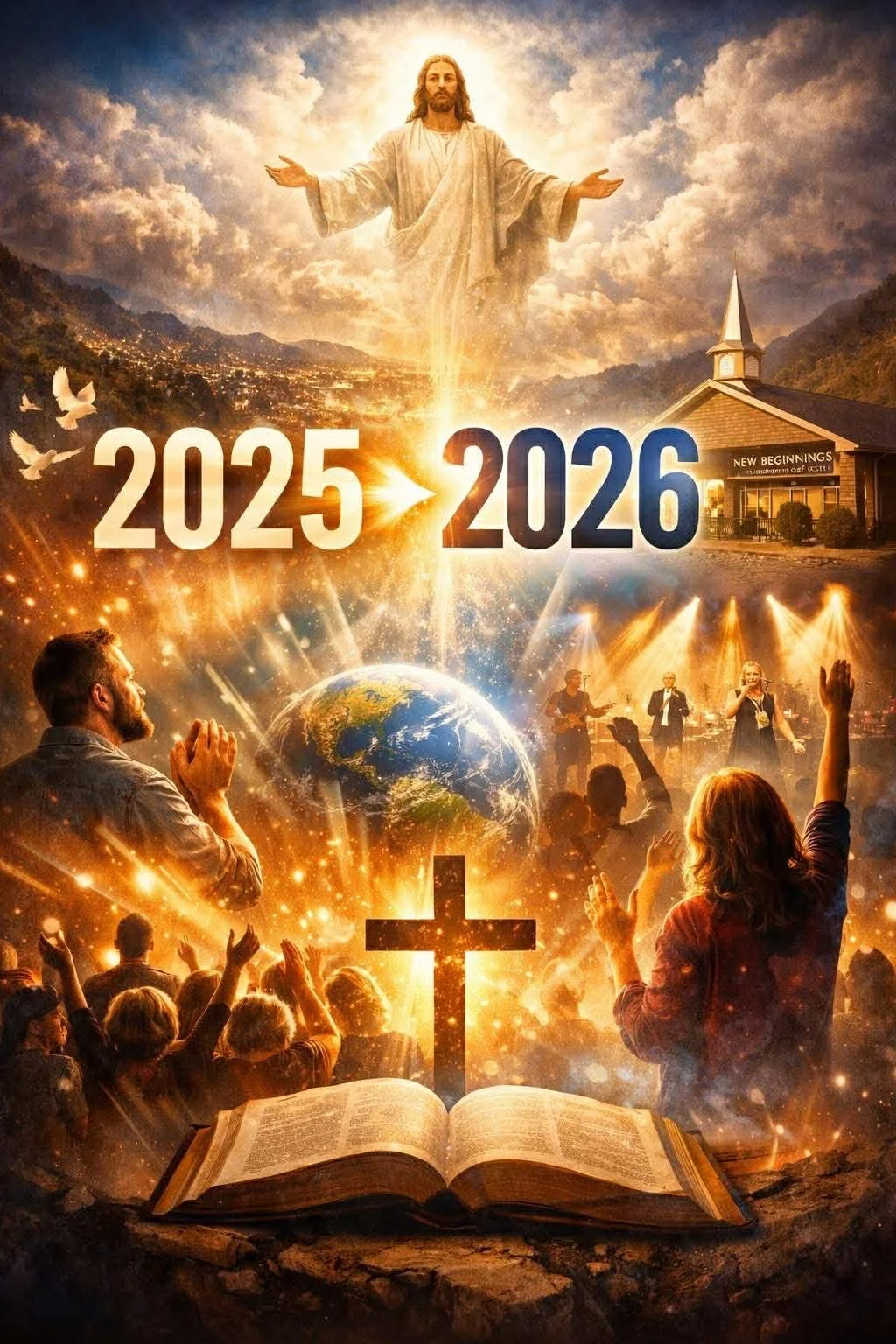To our legislators: say what you mean, and stay in your lane
The renegade Senate was at it again last fall. As I’ve shared before, a tremendous challenge of our work in Washington, D.C., is trying to unpack the “political speak” of so much legislation. Often a particular title of a piece of legislation is designed to confuse, rather than clarify, to provide cover for what the bill is actually trying to do. Part of our job here then is to confront the marketing strategy, unpack the often-disingenuous messaging of certain policy provisions, and convey to you the operational reality that a particular bill seeks to accomplish by its implementation. And, sadly, the title often conveys the exact opposite of what will happen if a bill becomes a law.
Such is the case with the so-called “Respect for Marriage Act.” It’s about “marriage,” but it certainly isn’t about “respect for marriage.” In fact, if properly titled, the legislation would be called the “Disrespect for Natural Marriage Act.” In a piece written the week after the Senate passed this legislation last fall (the House, solidly under Democrat, secular, leftist, control at that time, had easily passed it months before), John Stonestreet wrote a piece that spoke clearly what the legislation would do (see Breakpoint’s, “The Respect for Marriage Act Doesn’t Respect Marriage or Protect Children).[1] He rightly said,
(Last Fall), the misleadingly named “Respect for Marriage Act” was passed by the Senate. Twelve Republicans and every Democrat voted yes for the bill, whose name makes it sound as if it affirms and supports marriage. In reality, however, it further enshrines a redefined understanding of marriage into law. According to this bill, marriage is nothing more than the legal affirmation of adult desires, rather than a bedrock for thriving civilizations, built on the realities of who men and women are and oriented around the needs and best interests of children.
The bill continues the onslaught against marriage, reducing the institution of marriage merely to a relationship among adults (whatever that means). It virtually outlaws any notion of the uniqueness of the “father-mother-child” fundamental relationship that is foundational to a healthy society, obscuring and even dismissing those unique vocations to mere aspects of one’s personal fulfillment. It, like the Equality Act before it, elevates gender identity, sexual orientation, and sexual practice to civil rights protected classes, effectively dismissing moral and religious objections from the public dialogue. Respect? Equality? No, it’s more like domination, suppression, and silencing. And that’s the problem. The title “Respect for Marriage Act” sounds non-threatening, even tolerant. Yet the passage of such a law makes possible the exact opposite. It is already demonizing traditional, biblical morality concerning all kinds of sexual behavior, but worse, it makes holding such views socially unacceptable, even potentially illegal. The goal is not mutual respect; the goal is societal compulsion, forcing, by law, Christian ministries and eventually the Church itself to embrace all the ideas of the sexual revolution/devolution, no matter the resulting cultural and societal chaos.
Interesting to note, the LCRL’s policy concern with our legislators—especially the Republicans[2] who reversed their previous support for those who hold the traditional view of marriage as between a man and woman for life—isn’t even about their personal view concerning marriage. The legislative question is “Why is the government involved, enforcing such a radical new view of marriage?” Defining marriage is not their business. Even concerning the husband/wife, male/female relationships, the government does not grant the right of marriage. Its role is to undergird the rights that you already have as one “created by God.” And concerning relationships? The last thing you want the government to do is to tell you, me, and everyone what a good relationship is. That’s the arena of conscience. That’s the arena of the church. That’s not the government’s role. Their only concern with the institution of marriage is “Who is raising the children?” No other “relationship” has that inherent capacity, which is why they “limit (not grant) the rights of a man and woman” and make them sign a binding contract called “marriage” for the health of a civil society. Outside of that, the government should mind its own business. We’re in D.C. to remind the State to stay in its place. We “honor Caesar” even as we seek to ensure that legislators stay in their lanes.
It is time to demand that our representatives “say what they mean and stay in their lanes” for the good of all. That’s one of the reasons that the LCRL is in Washington, D.C. We’re here to engage these issues at the source. We’re here to dialogue with legislators and to challenge them to be truthful and honest about what they are actually seeking to do with certain policies and laws and hold them accountable when they are not. When it comes to fundamental moral issues and issues of relationships, the State should realize that it is a guarantor of individual liberty, not the cultural arbiter of what a healthy relationship is to be. The First Amendment protects the church here, but we must continue to make our voice heard because there are many today who wish to remove those protections. And the LCRL is here to keep such important discussions up-front and honest for all.
The Rev. Dr. Gregory Seltz is the executive director of the Lutheran Center for Religious Liberty.
Be Informed
The governor of Illinois recently named an Abortion Provider Appreciation Day in his state to celebrate those who end the lives of defenseless children. Nathaniel Blake of the Ethics and Public Policy Center explains the danger in the governor’s line of thinking.
Be Equipped
Learn more about the resurrection and its implications for transgender ideology with Rev. Andrew Packer on a recent Issues, Etc. podcast.
Be Encouraged
“We are not hopeless. The treasures of antiquity remain available to us, and a time of rebuilding must come after the many collapses of recent years and of recent centuries. . . . winter has been very long. Soon spring must come.”
[2] The senators are Blunt (MO), Burr (NC), Capito (WV), Collins (ME), (hard to believe but true) LCMS Senator Lummis (WY), Murkowski (AK), Portman (OH), Romney (UT), Sullivan (AK), Tillis (NC), Ernst (IA), and Young (IN).
Help support our efforts to contend for the freedom to proclaim the faith. Click here to learn more or to donate.




























